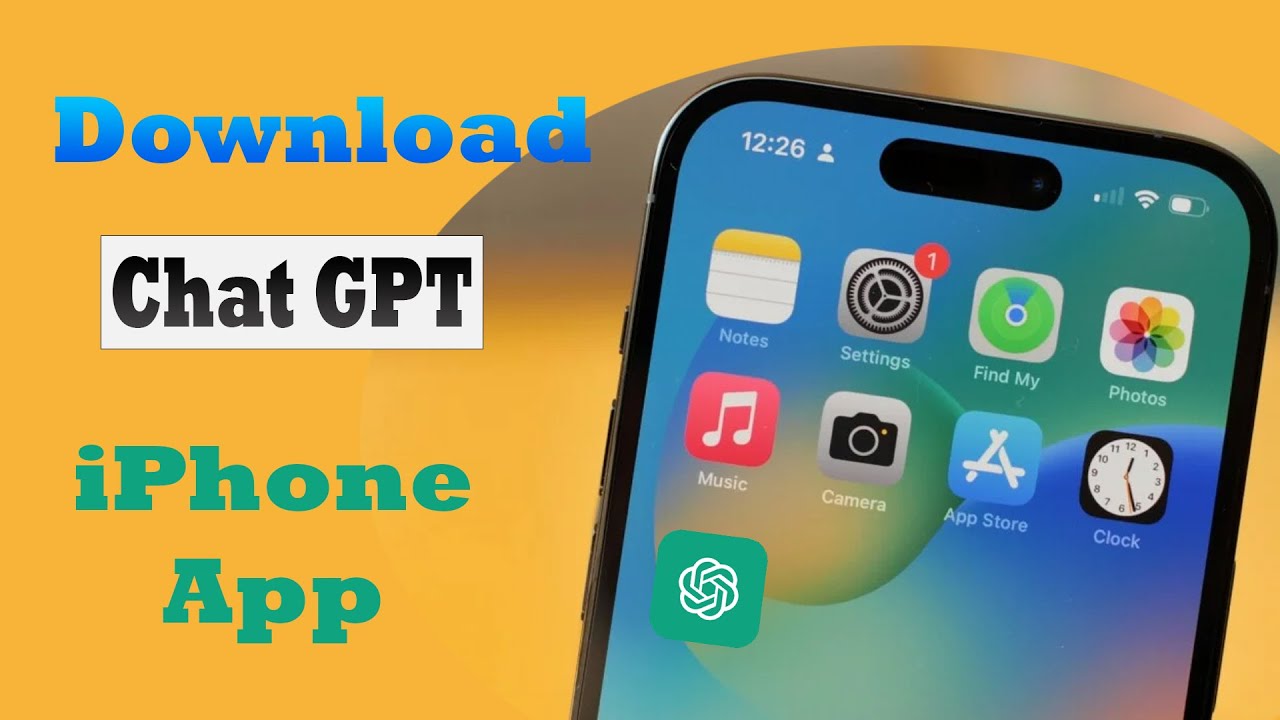Apple has announced significant changes to its App Store guidelines, allowing for the submission of single apps capable of streaming an entire catalog of games. This move is a departure from the previous requirement for individual games to have separate App Store pages. The aim is to encourage companies to utilize Apple’s App Store for gaming, where the tech giant takes a share of in-app purchases, rather than launching independent app stores.
Key Takeaway
Apple’s App Store updates allow for the submission of single apps capable of streaming entire game catalogs, while also extending in-app purchase capabilities to mini-apps, chatbots, and plug-ins. These changes have implications for tech giants and developers, and are accompanied by new reports for app analysis and the removal of the Sign in with Apple requirement.
Impact on Tech Giants and Developers
The updated rules could have implications for companies like Netflix, which has ventured into mobile and cloud gaming, as well as other tech giants such as OpenAI and Meta. Notably, Microsoft had been considering the launch of its own mobile gaming store, while Epic Games had pursued a legal battle with Apple over similar concerns.
Expansion to Mini-Apps, Chatbots, and Plug-Ins
In addition to streaming games, Apple’s new guidelines also extend to mini-games, mini-apps, chatbots, and plug-ins, allowing them to integrate Apple’s in-app purchase system. This adjustment addresses concerns related to OpenAI’s GPT Store and the potential loss of revenue for Apple in the AI space.
App Store Review Guidelines and New Reports
Apple emphasized that all mini-apps, in-app games, or experiences must adhere to its App Store Review Guidelines. Moreover, the company is rolling out over 50 new reports to developers through the App Store Connect API, providing insights into app performance in areas such as engagement, commerce, app usage, and frameworks usage.
Removal of Sign in with Apple Requirement
Developers will no longer be required to include Sign in with Apple alongside other sign-in options. Instead, they can offer alternative “privacy-focused login services” for their apps.

























